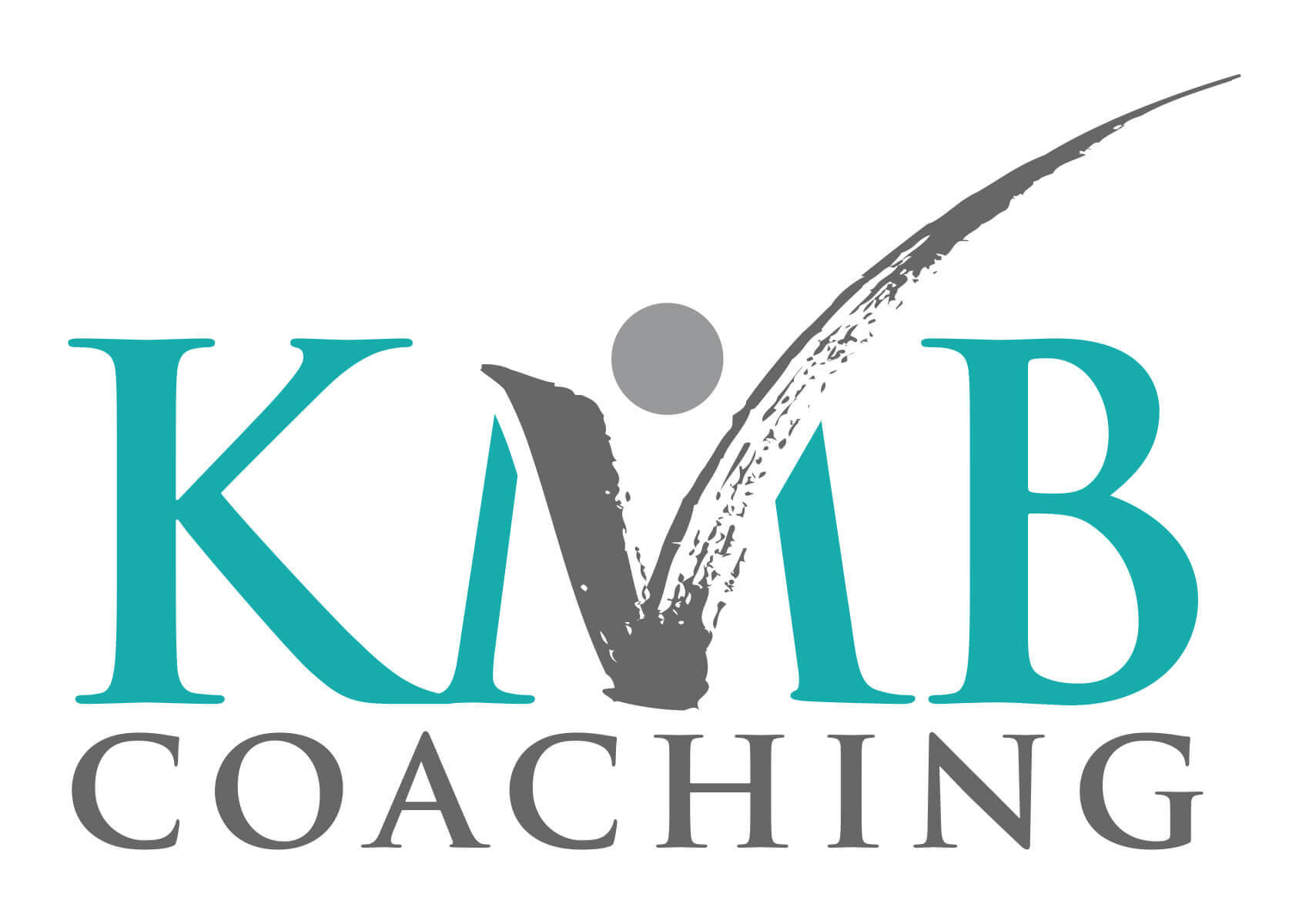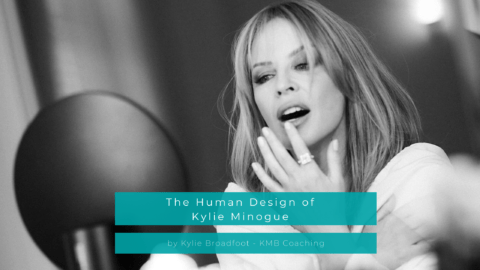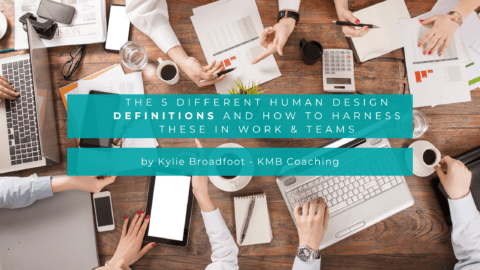Human Design gives you actionable insights.
When I start working with business owners who are depleted and heading for burnout, I ask if this has shown up before (whether that’s small ‘b’ burnout or capital ‘B’ Burnout).
The answer is ALWAYS yes.
While I have worked with clients to avoid burnout for years now, the lens of Human Design is such a practical tool to point to ‘how’ to do that. I’m going to show you how to look at your Human Design chart to find out where you can strengthen your boundaries.
I was listening to a Mel Robbins’ podcast with psychiatrist, Dr Pooja Lakshmin on boundaries. One of the quotes I loved was:
Your boundaries are a reflection of how willing you are to advocate for the life you want.
Dr Pooja Lakshmin
This is bang on. You must know what you want. The boundaries are there to support you to realise this vision.
Boundaries are one of those things that everyone thinks they know about and hear about everywhere, but when it comes down to it they’re usually not actually adopting any of it.
Much like trying to:
- get 30g of protein in at each meal
- incorporate meditation or weight training into your routine
- reduce your screen time
- or keep your fluids up
boundaries are hard to do well, consistently, flexibly and clearly.
Why?
- They’re unfamiliar- if you find it hard to communicate or stick to your boundaries, they will be something you know conceptually but don’t know how to implement. Except maybe if you fly off the handle at your kids or your partner intermittently when you’re fed. up.
- They fly in the face of the conditioning you received growing up like not being selfish to be a ‘good girl’, that doing nothing is lazy, that you need to put others first, and that hard work never killed anyone (so get it done).
- They require you to behave in a way that aligns with your values- which means knowing what these are; standing up for yourself; prioritising what you need and potentially having some hard conversations that may risk upsetting some people. And that feels impossible when women are ‘supposed’ to act small and be quiet and agreeable. Right?
- But above all? You need to know what you want. And most people don’t. So their boundaries become about trying to find a window of time to go for a massage or facial when doing that is more of a stress to fit into your calendar than a relaxing, pampering experience when you truly reconnect with yourself.
If you don’t know your Human Design yet, you can look it up here:
[If you’re not sure of your time of birth, ask a family member who might remember or be able to narrow down the window of time, search out a baby book or try entering different birth times and see what changes and what seems most accurate for you].
This article is focused on the different centres (shapes) on your Human Design chart so that you can manage your energy sustainably and avoid the dreaded burnout.
You’ll see that there are 9 of these that make up your chart. The ones that are shaded are called defined. The white ones are called undefined or open.
You can use the image below to work out which centres you have defined (shaded). In the chart below this is the Identity centre, Ego centre and Spleen.
And which are undefined or open (white) – this is the Head, Mind, Throat, Sacral, Emotional centre, and Root in the chart below.
I’ll share some key insights related to some of these centres and how they are influential in understanding what might be driving burnout and therefore where you need to work on your boundaries with yourself and others. Plus what you can focus on moving forward.

Defined Emotional Centre (Solar Plexus):
You rush into saying yes to things and then regret it. You overcommit your energy and then realise you have to follow through on it. Your work is to avoid bounding headfirst into things without waiting to make sure it’s right for you first. Embrace pausing before you say yes to something so you’re preserving your energy for what feels right for you, not reacting to your emotions in the moment.
Undefined Emotional Centre (Solar Plexus):
Where are my empaths? (I see you- I am you lol). You can take on so many emotions from others and may not have developed effective boundaries to manage your empathic nature. Your work is to let go of people-pleasing, fixing or rescuing and lean into having the open, challenging conversations (you know, the ones you have in your head after you avoid doing this!) Instead of going down the emotional rabbit hole with others, know that what they’re experiencing is for them, not you, and you don’t need to get ‘into’ the emotion with them. Time alone to come back to your own naturally calm disposition is helpful.
Defined Sacral:
You are a Generator or Manifesting Generator with so much capacity for getting a lot done and working hard but it’s essential that you focus this energy on what feels satisfying and lights you up. You burn out by using your energy in ways that don’t keep you energised, and what other people need is more important. Your work is to get curious about what’s feeling frustrating vs satisfying and to get better at saying no to things that aren’t right for you at the moment.
Undefined Sacral:
You are a Manifestor, Projector or Reflector who is caught up in trying to be more productive and keeping up with others. You may be surrounded by people who aren’t lit up by their work and it’s exhausting. A hectic schedule may prevent you from honouring your need for rest, even in little spurts. You say yes to doing things because others are excited about it but as soon as you walk away, you realise it was a no. You constantly push through when you have no energy.
Your work is to embrace your unique energy flow and stop trying to work in the same way as others. Remind yourself that when you do this, you open up your innate gifts instead of blocking them. Review your calendar and establish where you can create some gaps instead of pushing through. Get curious about your relationship with rest and what you tell yourself when you ignore your need for this.
Defined Ego:
You don’t allow yourself to rest and burn out. Committing to too much and then realising you’re going to have to work in overdrive to get it all done, or risk letting people down keeps showing up. You don’t delegate or outsource where you can. Your work is to check in with yourself about whether you have the energy if your heart is in a new opportunity or project, and when it’s not to give yourself permission to say no to it.
Undefined Ego:
You create urgent or unrealistic deadlines for yourself to have work completed by that your clients never asked for. You agree to take on things because you feel you have to prove yourself. Undercharging and then having to work harder to earn what you want or need in the business can be exhausting. You overextend yourself and burn out. Your work is to get curious about where you are creating unrealistic timelines that are self-imposed. As well as where you feel compelled to prove yourself. If you suspect your prices are too low, maybe it’s time to increase these by acknowledging your work is valuable and you are worthy of charging more.
Defined Root:
You don’t have healthy ways to manage your stress and it builds up and spills out of you. You create deadlines or timeframes for work completion that is unreasonable and leads to more stress. Your work is to incorporate boundaries with yourself that help to discharge some of that stress. For example, exercise. Focus on sticking to your commitments with this (the boundaries with yourself). When you find yourself about to commit to or suggest a restrictive deadline, pause to ask yourself what a realistic, expansive timeframe is. That becomes your new boundary.
Undefined Root:
You are constantly rushing and making everything urgent. Adrenal fatigue may be an issue because you’re constantly being fuelled by adrenaline. You make everything urgent, even when it’s not. When you rush, you make more mistakes and then need to spend more time and energy fixing them. You can’t switch off. Stress feels all-consuming. You set unrealistic timeframes which can lead to burnout. Your work is to notice when you’re rushing or creating a false sense of urgency. Ask yourself what is actually urgent and let go of urgency around other things. Take time for yourself to release the stress that isn’t yours to hold.
If your boundaries are a reflection of how willing you are to advocate for the life you want, how willing are you?
If you’d like personalised help specific to your unique Human Design, book a 1:1 Human Design session. Let’s look at where you’re susceptible to burnout; boosting your boundaries and taking you closer to what you want.
Tags: boundaries burnout













